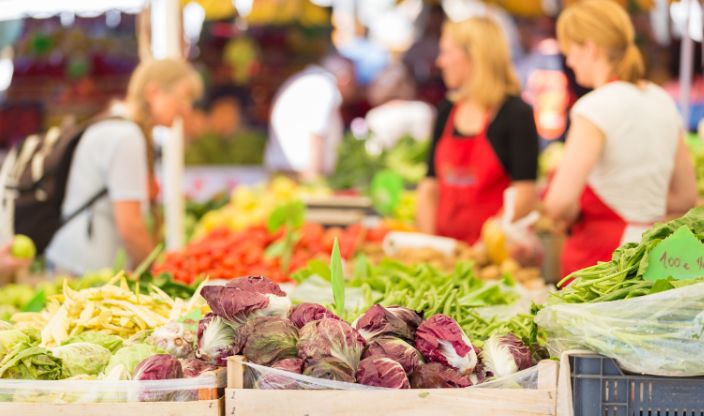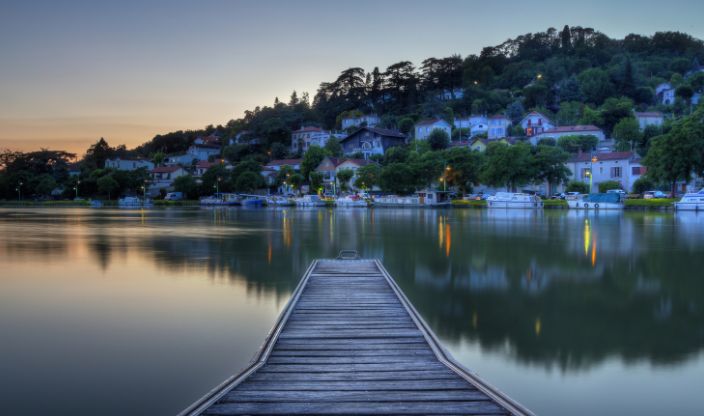Introducing Reunion
The French region of Réunion is a little island brimming with scenic splendour. A bed of lush rainforest conceals a wide variety of species, mystical waterfalls cascade down emerald-covered volcanic slopes, whilst golden and black-sand beaches offer a wild contrast to the Indian Ocean’s signature white sandy beaches. Its beaches are a paradise both for relaxing on and for those seeking snorkelling opportunities.
There are miles of trekking routes that wind through dense jungle, introducing you to rare birds, and wildlife. Perfect for those seeking adventure, the island also offers activities including mountain biking, canyoning, and helicopter rides.
The lovely Creole culture is also present on Réunion. Beautiful towns and villages adorned with vibrantly painted churches and temples together with pastel-coloured Creole homes showcase the heritage and ancestry of the nation.
The island is situated in the western Indian Ocean, 110 miles (180 kilometres) southwest of Mauritius and 420 miles (680 kilometres) east of Madagascar.
With a length of 40 miles (65 km) and a width of 30 miles (50 km), Réunion can be described as elliptical in shape. On the northern shore is Saint-Denis, the country’s capital.
Outside of the storm season from January to March, Réunion is wonderful to visit any time. The driest weather occurs from July to October, and the mild to warm temperatures make walking joyous. Average temperatures reach up to 28C during the day, with lows of 18C. However, it is cold in the mornings and evenings. With the schools closing in July for holidays, the months of July and August are the busiest, if you are considering travel during this time.
The population of the island, which is diverse, is reflected in Reunionese cuisine. It has its roots in the gastronomic customs of the numerous ethnic groups who immigrated to Reunion Island, such as the Madagascans, Mauritians, Indians, and East Africans, in addition to the French and Chinese. Because of its Indian and Madagascan roots, chilli is a key ingredient, offering dishes a sweet and delicate flavour. Unquestionably, carri (a Reunionese curry), sausage rougail (a tomato-based sausage dish), and massalé are the most popular Reunionese foods (Reunionese masala dish). The cuisine of Reunion also features a variety of fried foods, which are typically eaten as an appetiser or a dessert. No feast would be perfect, of course, without punch and “rhum arrangé” (mulled rum) or tamarind syrup. Rice, grains, brèdes (amaranth greens), achards (spicy vegetable relish), or tomato rougail (Creole sauce) are served as side dishes to main courses, which usually include fish, pork, or poultry. These are seasoned heavily with spices like ginger, saffron, or turmeric.
Sweets are consumed in the afternoon as opposed to as a dessert after a meal. They are eaten as a snack during break time and come in the form of fritters or cakes made of flour.
Réunion was mostly deserted when the Portuguese first came across the island in 1507. Historians firmly believe that Don Pedro Mascarenhas oversaw the trip to Réunion. Hence, the islands that surround Réunion are referred to as the Mascarenes.
Portuguese dominion over the island lasted for about 100 years before the French took over in 1642. The island was first known as Santa Apolonia in 1793 and afterwards altered to “Réunion” and then “Bonaparte Island.” The island had one final name change in 1848, this time to “Réunion.” Following WW2, it became an island part of the French Department and to this day still relies on funding from the French government.
Réunion can undoubtedly claim to be a multinational destination given the constant stream of immigrants over the course of its history. African, Malay, European, and Asian influences can be found in the language, cuisine, and music. Sega music, with roots in African music, is well-known in Réunion.
Reunion island is a great destination for families with many outdoor activities and the opportunity for children to practice their French.
Some of the best places to take your family include:
L’Ermitage Beach: Picnics and relaxation are perfect at this lovely pine-lined white sand beach. The coral reef-protected, pristine lagoon is a fantastic place to go swimming. Parents and kids can dive together while enjoying the 27-degree water and observing coral reefs and vibrant fish. Additional options include windsurfing, paddle boarding, and kayaking.
Kelonia: The preservation and breeding of sea turtles and their habitats on Reunion Island and in the Indian Ocean are the focus of this observatory in Saint-Leu. Your kids can take part in educational workshops and observe how Kélonia looks after turtles.
Cite Du Volcan Museum: Visit the Cité du Volcan museum at Bourg-Murat, which is on the way to the Piton de la Fournaise volcano, one of the most active volcanoes in the world. The nature of the island and the history of the volcano are both chronicled there. The entire family can learn about the cutting-edge, engaging technology used to create the volcano with holographic projection, sound effects, and visual effects.
Recommended Reunion Specialists
Top Locations in Reunion













